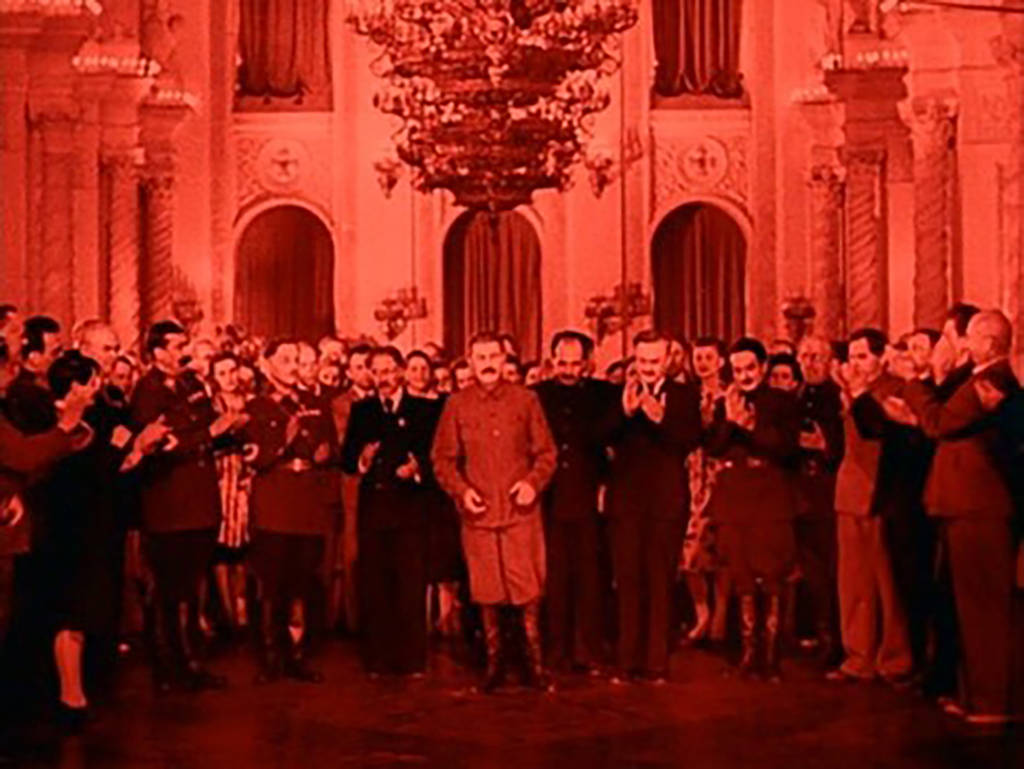
Film Matters: Please tell us about your article that is being published in Film Matters.
Leo Nelki Göpfert: This is an article analyzing the film WR: Mysteries of the Organism by Dusan Makavejev through the lens of a totally different filmmaker’s theory. The theory is Matsumoto Toshio’s “neo-documentary,” which outlines the potential of synthesizing surrealism and documentary techniques. I argue that Makavejev has stumbled across the same technique, probably by accident, and that his film helps demonstrate the power of this filmmaking style to depict social movements.
FM: What research and/or methodologies do you incorporate in your article?
LNG: Further research into Matsumoto’s theory and technique is central to this article, giving me frameworks by which to dissect Makavejev’s film. I use psychological analysis on many of the scenes, seeing which “psychic realities” Makavejev is depicting.
FM: Describe the original context for/when writing this article while an undergraduate student.
LNG: I wrote this as my final-year dissertation for English Literature. I wrote it during the first Covid-19 lockdown in the UK. The full article includes detailed analysis and comparison with Matsumoto’s film Funeral Parade of Roses.
FM: How have your personal experiences shaped and influenced your writing?
LNG: Most relevant to this piece of writing has been my own experience in filmmaking. I discovered the problem that many documentary filmmakers find: that it is impossible to point your camera at the mind. This has fueled my interest in experimental documentary techniques, especially methods of depicting psychological realities and linking them to the external world.
FM: What aspects of the writing process were most challenging? Why?
LNG: Most challenging for me was finding an “argument.” My motivation for the writing is that I think these films are fantastic and want more films to be made like that. Translating my love for the films into an argument that they do something very specific is quite difficult, since often the love for art is based on something intangible and inarticulable.
FM: What do you enjoy most about your article?
LNG: The level of detail that I have been able to analyze specific scenes and have it coherent with my argument. I was often surprised to discover how many layers I could conduct my critique at, even for one scene.
FM: How has the Film Matters editorial and publication process impacted the development/evolution of your article?
LNG: I cut my article from 10,000 words to 6,000 words, removing analysis of another film and focusing just on one. I also rejigged the introduction to be more clear.
FM: What audience do you hope to reach with your Film Matters article and/or what impact do you hope it has on the field of film studies?
LNG: I hope more filmmakers will make films inspired by “neo-documentary” or by Makavejev and Matsumoto generally. I hope more film scholars will help popularize and dissect this radical idea.
FM: How has your department and/or institution supported your work in film and media?
LNG: I was lucky to be able to write my dissertation on film, and take a class in filmmaking, since I study English Literature. I’m thankful for Newcastle for allowing that flexibility which is not as common in the UK as the States.
FM: How has your faculty mentor fostered your advancement as a film scholar?
LNG: James [Cummings] gave me good pointers during my dissertation.
FM: What advice do you have for undergraduate film and media scholars?
LNG: Make films.
FM: What are your future plans?
LNG: Make beautiful films.
Author Biography
Leo Nelki Gopfert is a filmmaker from Merseyside, UK. His upcoming film Sunday in Japan uses neo-documentary techniques to show the reality of Ugandan asylum-seekers in Tokyo. He is also currently in post-production of two films (one fiction, one documentary) in Goma, Democratic Republic of Congo.







































